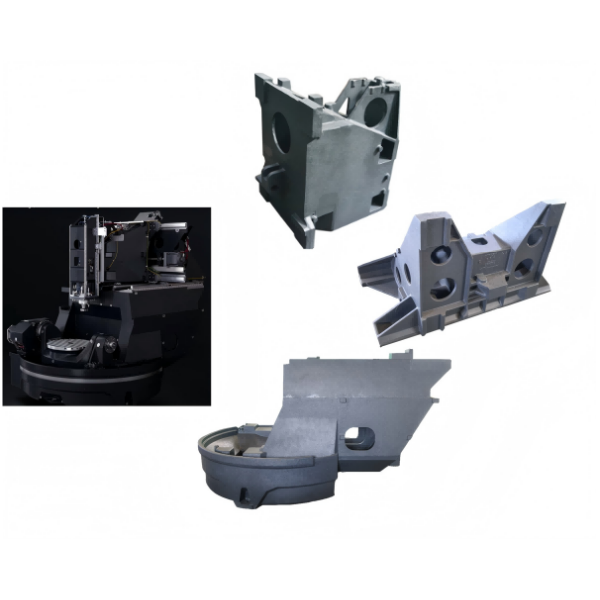Starting a business is an exhilarating journey filled with potential and challenges. One of the most critical decisions an entrepreneur faces is selecting the right product to bring to market. This choice can significantly influence the trajectory of the business, impacting everything from initial investment to long-term sustainability. In this article, we will explore various factors to consider when determining which product is best to start a business, providing a comprehensive framework to guide aspiring entrepreneurs.
Understanding Market Demand
The first step in selecting a product is to assess market demand. Conducting thorough market research is essential. This involves identifying gaps in the market, understanding consumer pain points, and analyzing trends. Tools such as surveys, focus groups, and social media analytics can provide valuable insights into what potential customers are seeking.
Identifying Trends
Staying abreast of industry trends can help you pinpoint products that are gaining traction. For instance, the rise of sustainability has led to increased demand for eco-friendly products. Similarly, the health and wellness sector continues to expand, with consumers seeking innovative solutions for better living. By aligning your product choice with current trends, you can position your business for success.
Evaluating Your Passion and Expertise
While market demand is crucial, personal passion and expertise should not be overlooked. Starting a business requires immense dedication and resilience, and having a genuine interest in your product can provide the motivation needed to navigate challenges. Additionally, leveraging your existing knowledge can give you a competitive edge, allowing you to create a product that resonates with your target audience.
Analyzing Competition
Understanding the competitive landscape is vital when selecting a product. Conduct a competitive analysis to identify key players in your chosen market. Evaluate their strengths and weaknesses, pricing strategies, and customer feedback. This information can help you differentiate your product and identify unique selling propositions (USPs) that will attract customers.
Finding Your Niche
In a crowded marketplace, finding a niche can be a game-changer. Instead of competing directly with established brands, consider targeting a specific segment of the market. For example, if you are interested in the beauty industry, you might focus on organic skincare products for sensitive skin. By narrowing your focus, you can tailor your marketing efforts and build a loyal customer base.
Assessing Feasibility and Scalability
Once you have identified potential products, it is essential to assess their feasibility and scalability. Consider factors such as production costs, supply chain logistics, and potential for growth. A product that is easy to produce and has a clear path to scaling can significantly enhance your chances of success.
Prototyping and Testing
Before fully committing to a product, consider creating a prototype or conducting a pilot test. This allows you to gather feedback from potential customers and make necessary adjustments. Testing your product in a real-world setting can provide invaluable insights into its viability and market fit.
Financial Considerations
Starting a business involves financial investment, and understanding the costs associated with your chosen product is crucial. Create a detailed budget that includes production costs, marketing expenses, and operational overhead. Additionally, consider potential pricing strategies and profit margins. A well-thought-out financial plan can help you avoid common pitfalls and ensure long-term sustainability.
Leveraging Technology and E-commerce
In today’s digital age, leveraging technology can significantly enhance your business’s reach and efficiency. Consider how e-commerce platforms, social media marketing, and digital tools can support your product launch. Building an online presence can help you connect with a broader audience and streamline operations.
Conclusion: The Path to Success
Choosing the best product to start a business is a multifaceted decision that requires careful consideration of market demand, personal passion, competition, feasibility, and financial implications. By conducting thorough research and leveraging your unique strengths, you can identify a product that not only meets consumer needs but also aligns with your vision as an entrepreneur.





